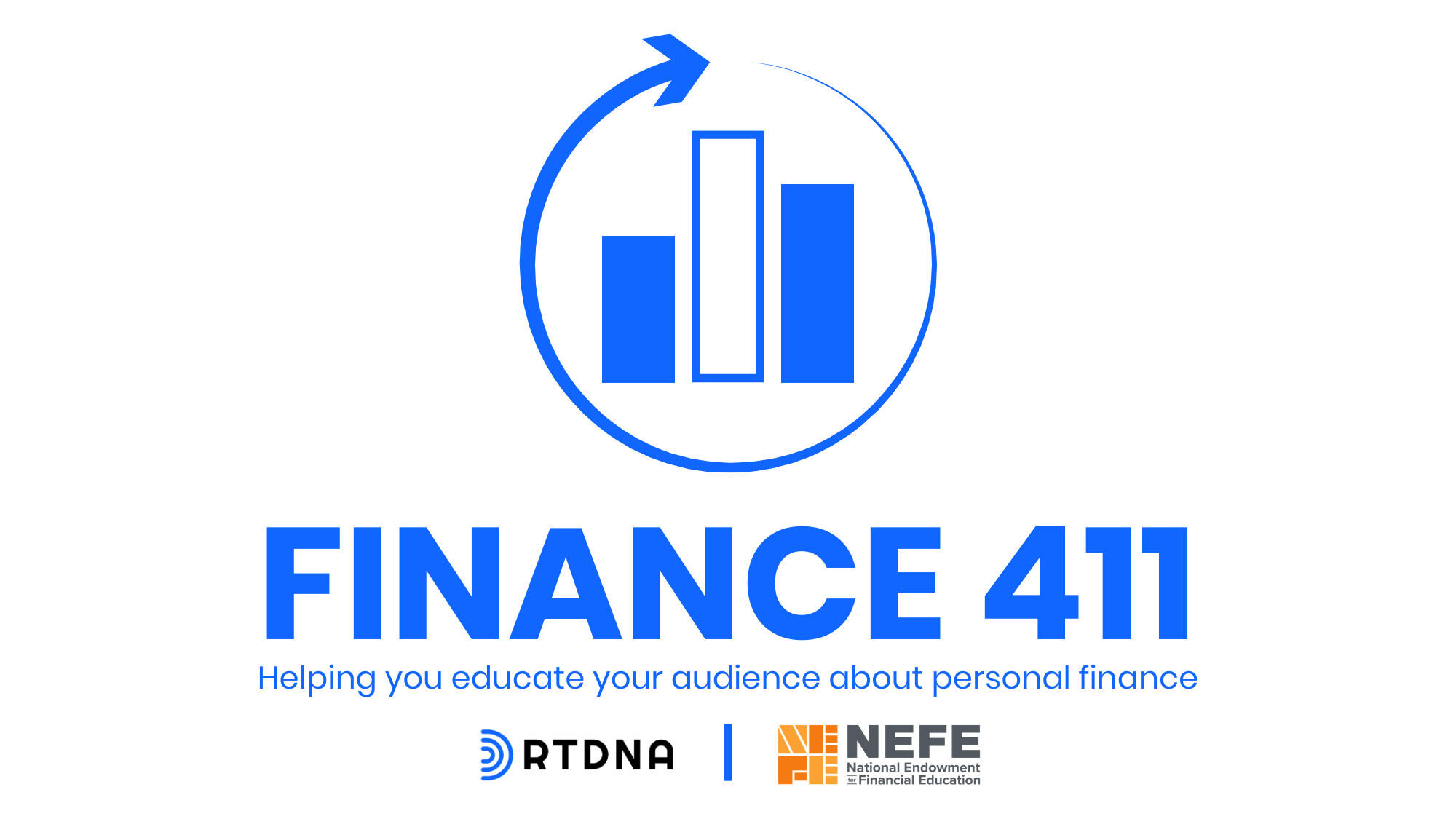Money Matters: Payday loan regulations changing

The public has 90 days to submit comments on proposed regulation changes by the Consumer Financial Protection Bureau before they’ll be finalized and, by November of next year, enacted.
The proposed updates on how payday lenders are regulated are different than changes the CFPB had been considering, and restrictions that were to go into effect later this year may now be largely eliminated.
While many states already restrict high-interest, short-term or title loans, others are less restrictive based on looser federal standards.
Payday loans often spiral out of control as borrowers are unable to repay the high interest rates and take out more loans to do so.
Initially, new regulations would have limited lenders to 3 short-term loans before a required 30-day hold on additional loans. Lenders also would have been required to verify borrowers’ ability to repay loans by checking their income, debts and living expenses.
The regulations currently under review do not include those provisions, but do include some other new regulations, including limits on lenders’ ability to attempt to withdraw repayments owed directly from borrowers’ accounts.
Lenders argue that “ability to pay” regulations reduce borrowers’ access to credit, while consumer advocates argue that there are other, lower cost options including resources for free or low-cost credit counseling, credit card cash advances, lending circles and credit unions.
What are your states’ regulations on high-cost loans? Is there any pending legislation or have there been any ballot measures regarding high-cost loans? What about court cases? What alternatives are available in your area?
Weekly Money Matters personal finance content for your newsroom is sponsored by the National Endowment for Financial Education.
